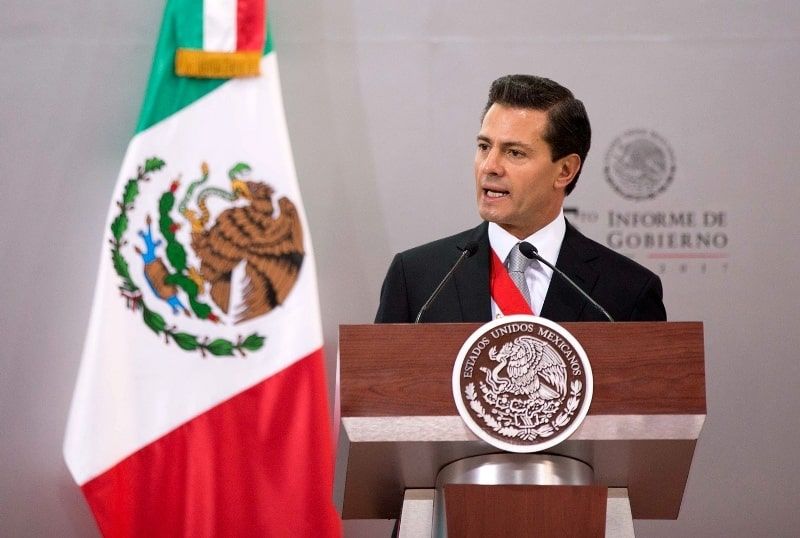Peña Nieto's investigation shakes Mexico with doubts of political motives
The open investigation against former President Enrique Peña Nieto for irregular banking operations shakes Mexican politics with doubts about the autonomy of the Prosecutor's Office and political motivations.





